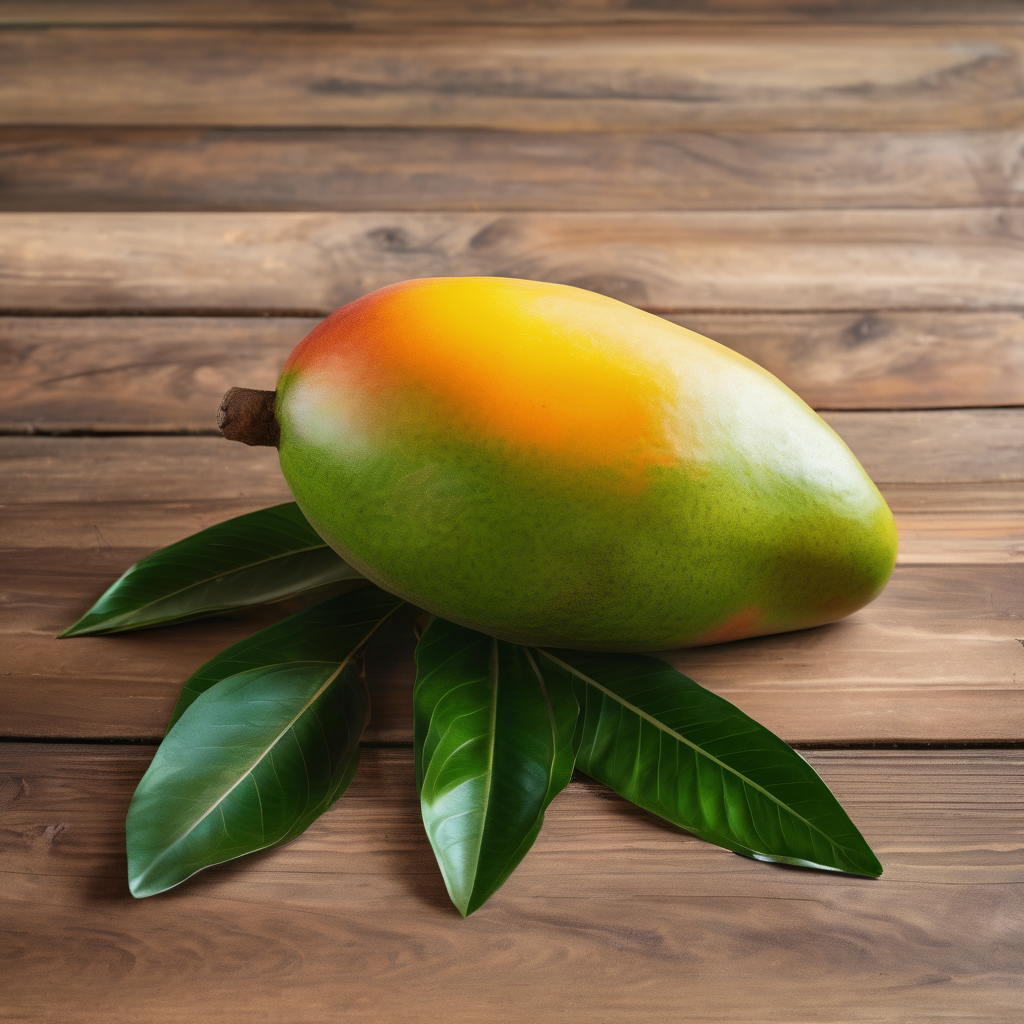In a significant advancement for sustainable agriculture and innovation, researchers at The University of the South Pacific (USP) have introduced an innovative edible and biodegradable food coating derived from cassava starch. This groundbreaking research, led by Associate Professor David Rohindra and his chemistry team, promises to reshape food packaging and preservation practices globally.
The newly developed cassava-based coating is specifically designed to prolong the shelf life of tropical fruits such as mangoes. It effectively accelerates the drying process and protects against fruit fly infestations, a common challenge in tropical farming. The coating incorporates natural ingredients like agar, glycerol, and clove essential oil to enhance dehydration and deter pest activity.
Associate Professor Rohindra highlighted the abundance of cassava in the Pacific and its exceptional film-forming properties, stating, “By modifying it with natural additives, we’ve created a safe, edible, and environmentally friendly alternative to plastic packaging.” This innovation represents a continuation of Rohindra’s earlier research, which demonstrated the effectiveness of cassava starch coatings in reducing microbial growth and moisture loss in various products.
The findings from this study, titled “Development of edible food coating using cassava starch/agar blends infused with clove oil for the preservation of mangoes,” are published in Sustainable Food Technology (2025). With the growing global demand for sustainable packaging solutions, this cassava-based technology could establish Fiji as a leading exporter of biodegradable food wraps, catering to eco-aware markets in Asia, Europe, and the Americas.
“This is more than a scientific achievement; it’s a catalyst for economic growth and environmental stewardship,” Rohindra asserted, emphasizing the potential for job creation, enhanced exports, and Fiji’s opportunity to lead in green innovation.
As the world confronts the dual challenges of plastic pollution and food waste, Fiji’s cassava-derived solution stands as an inspiring model for sustainable development. By leveraging local resources and scientific expertise, this initiative reveals how small island nations can become significant players in driving global change. With proper investment and policymaking support, the edible coating could soon play a pivotal role in food transport and preservation.
In addition to this groundbreaking research, Fiji’s agricultural landscape is witnessing a collective effort towards sustainability, seen in recent initiatives like the establishment of new vegetable processing centers and local entrepreneurs advocating for homegrown food solutions. These movements illustrate not only resilience but also the invaluable contributions of Pacific nations towards a more sustainable and self-sufficient agricultural future.
